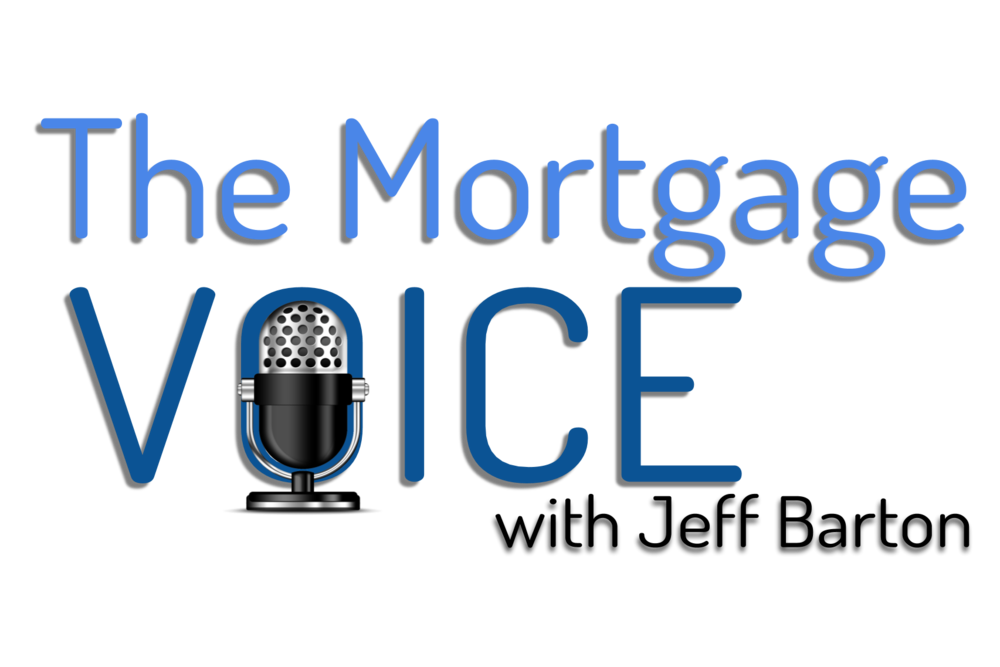We are experiencing an unprecedented (I know, I hate that much over-used term too) time in our economy, driven originally by the COVID-19 pandemic affecting unemployment as well as interest rates, stimulus and so on.
Let’s take a look at a couple of issues. Currently unemployment is still an issue and I believe it is being spurred by a combination of things. Be it varying circumstances surrounding the COVID-19 pandemic, providing for child care and other issues or the fact that collecting unemployment with the additional Federal assistance of $300 per week being comparable to a steady paycheck for many, unemployment still plays a large part in the economy currently.
In addition to unemployment, many properties are still in forbearance (due to foreclosure laws being offset) and rental moratoriums. All of this, combined with unemployment is making the market volatile for sure. These protections are scheduled to end either next month or at the end of the year.
Interest rates being at an all time low in the past couple of years has caused a housing shortage and sellers’ market in which there are fewer homes than buyers, and every transaction is receiving multiple offers.
Also affecting mortgages are inflation rates. Inflation, which has been minimal for 10 years, is starting to increase which, when factored with all the other variables mentioned here, will cause interest rates to go up, and may have an additional effect on the housing market.
Historically, while this particular economic downturn fueled by the pandemic, and governmental assistance programs and moratoriums, will predictably lead to higher rates and inflation.
That’s the prevailing opinion in the market today.
Stay on top of mortgage industry news and information weekly by subscribing to our YouTube Channel at Jeff Barton The Mortgage Voice.

